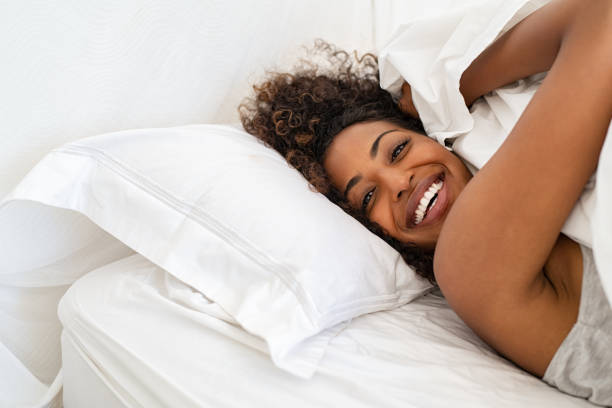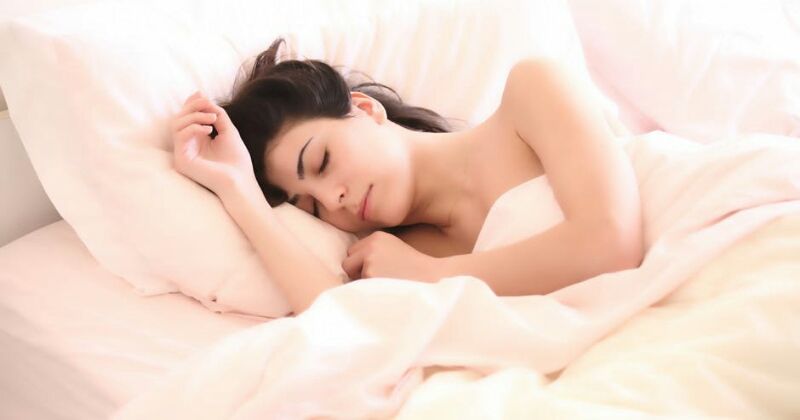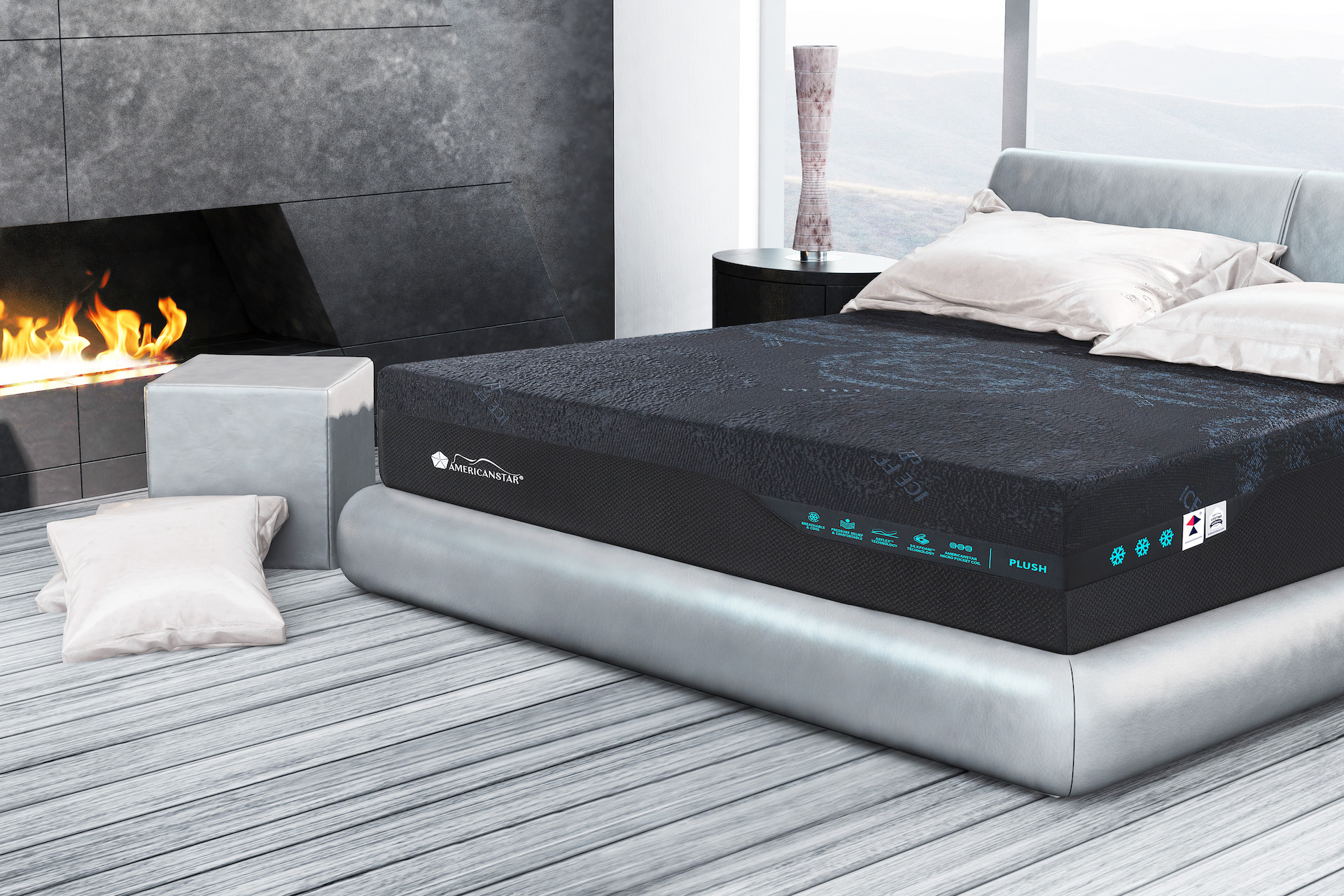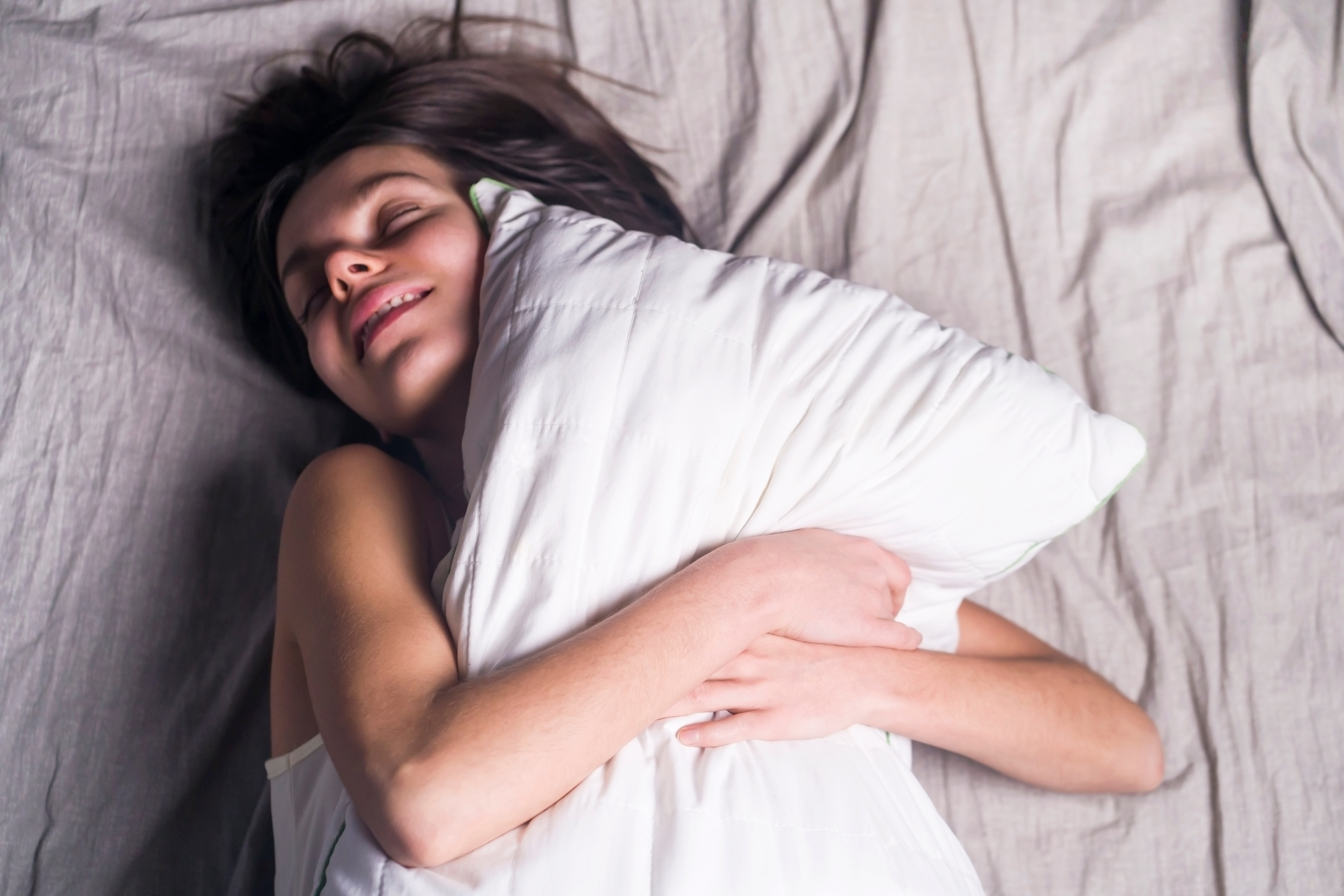5 tips for sleeping well in the fall
For some, the change of seasons is a thrilling event! While awaiting the start of the festivities, we reach for cozy knit jumpers and fancy spice lattes. Due to this transition, others will experience dark mornings, dark evenings, and a disrupted sleep pattern.
You do not require explanations of how vital a good night's sleep is for your mood, energy, skin, and gut health. It's no surprise that this is the season when SAD (seasonal affective disorder) is at its worst. Understanding and utilizing our bodies' internal clock, also called the circadian rhythm, is essential for getting a good night's sleep.
It can frustrate you to toss and turn, unable to get your beauty sleep, so we wanted to share our top sleep tips.
How fall affects your sleep
Part of why you feel sluggish in the fall is a shift, a disruption in your body's regular sleep-wake cycle brought on by a reduction in sunshine exposure.
When you are outside in the sun, your body uses the light to produce melatonin, a hormone that regulates sleep and is secreted from the pineal gland to signal when it’s time to sleep.
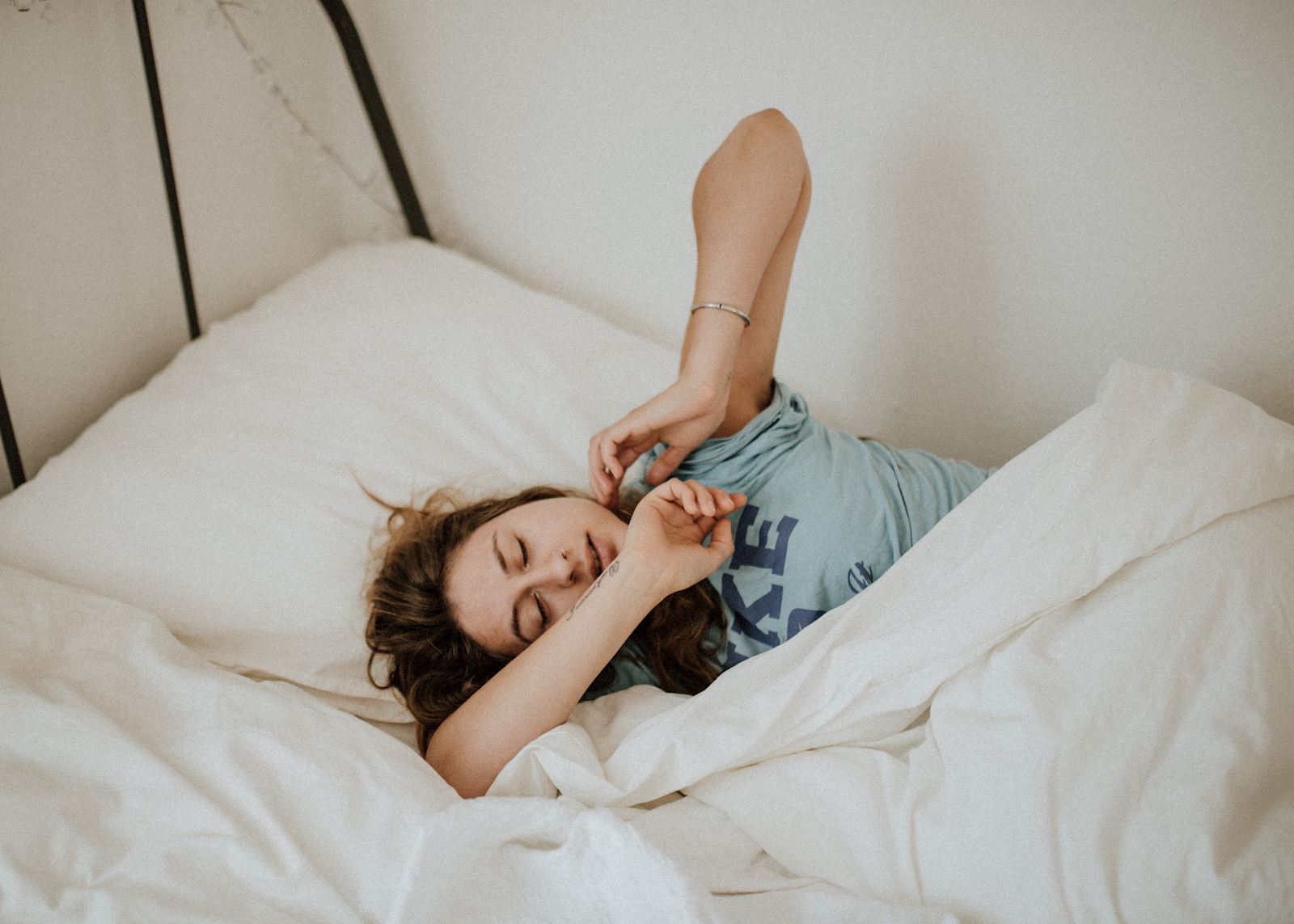
A natural and healthy chemical reaction occurs when your retinas absorb ultraviolet light. Melatonin secretion keeps your body clock (also known as the circadian sleep rhythm) running like a fine-tuned machine.
You don’t get as much vitamin D from the sun’s rays in the fall, which can cause sluggishness and even depression, and your body doesn’t produce as much melatonin as it does in the spring and summer.
5 ways to sleep better during the fall months
Expose yourself to light
Getting a good night’s sleep, believe it or not, begins in the morning. The pineal gland, situated deep inside the brain's epithalamus, regulates our circadian rhythm, also known as the body’s internal clock. This gland receives information about light and dark from the environment and tells our brain when it is day and night. When we expose the pineal gland to light, our internal body clock resets, and our hormones regulate to determine how many hours it will be before we wind down for bed.
Making your room as light as possible when you wake up is an excellent place to start. Whether sleeping with the blinds open and waking up to natural light, or using a light therapy alarm clock like a Lumie to simulate this in the dark mornings. Alternatively, why not go for a morning walk outside in the fresh air to boost your vitamin D levels?
Avoid exercise before bed
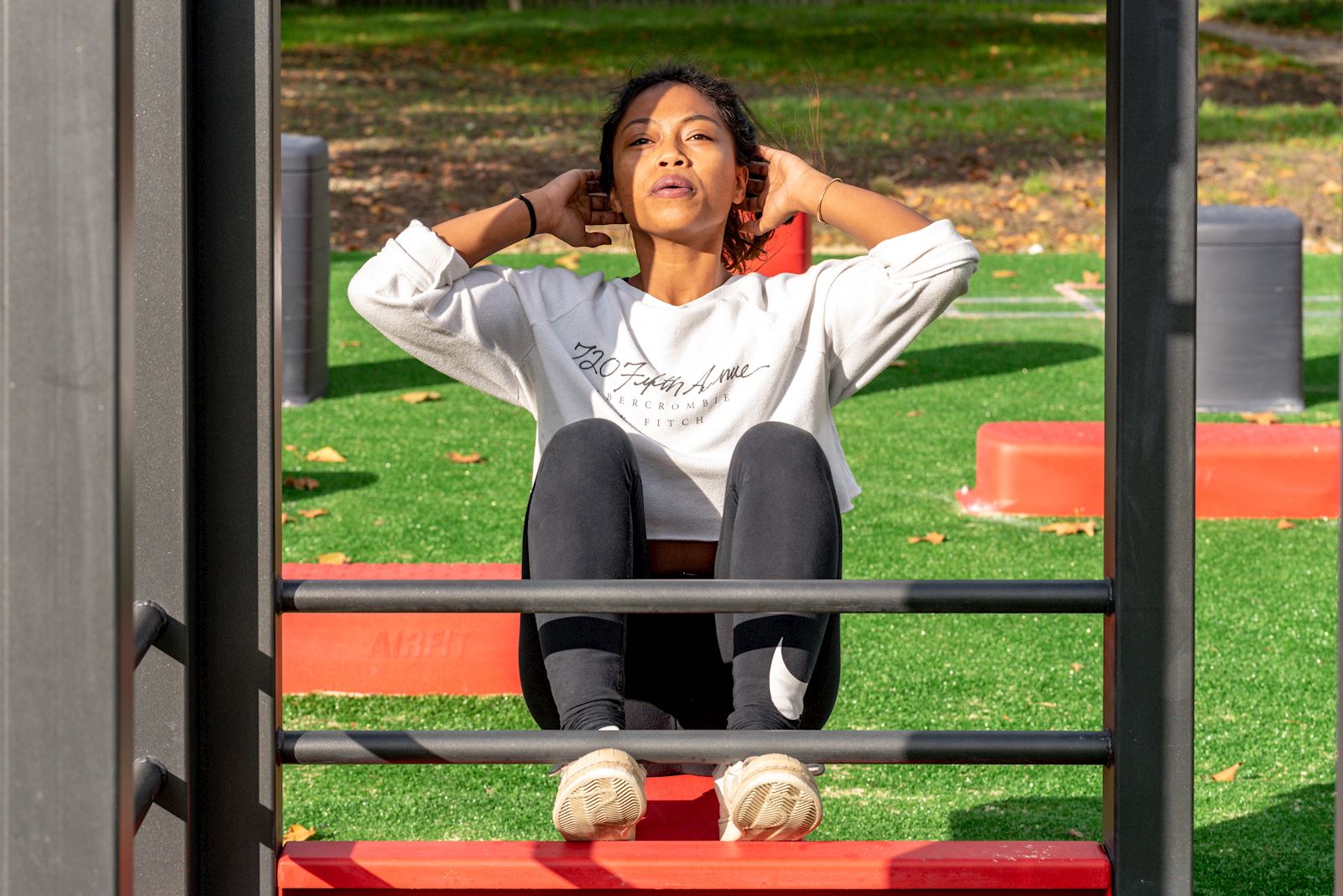
Exercising is beneficial to both our physical and mental health. But, doing so too close to bedtime can disrupt our sleep and cause us to toss and turn all night. What causes this to happen? Exercising raises our internal body temperature and cortisol (our stress hormone), putting us in the opposite state we want to be in for sleeping! Keep yourself cool for an evening workout by doing calming exercises like yoga and avoiding anything strenuous on the body at least three hours before bedtime.
Kick the stimulants
Coffee, alcoholic beverages, and some carbonated beverages all contain compounds that stimulate our nervous system. You might not be aware that a single cup of coffee can linger in your bloodstream for six to eight hours. Bringing your last caffeinated drink time forward can help you feel less ‘wired and tired’ in the evening and contribute to a good night’s sleep.
The same thing happens with alcohol; while you may fall asleep quickly after drinking, you might also wake up in the middle of the night. After drinking alcohol, adenosine (a sleep-inducing chemical in the brain) levels rise. It can cause a rapid onset of sleep, but it will disappear just as quickly as it appeared, meaning you’ll likely wake up before you’re fully rested!
Ditch the Blue Light
We previously discussed the pineal gland and its role in keeping us awake when exposed to light. Unfortunately, blue light from laptops, phones, televisions, and tablets stimulates our pineal gland, causing our bodies to believe it is time to wake up rather than relax.
Putting devices away and keeping them out of the bedroom two hours before bed, as well as winding down away from technology with reading, crossword puzzles, or simply having a cup of chamomile tea with a friend or relative, are simple solutions we can incorporate into our daily routine to support our sleep cycle. If you work late or use devices occasionally, switching to Night Shift Mode or downloading apps like Twilight, Blue Light Blocking Glasses, and screen covers like Ocushield can help.
Find the best mattress for you
We’ve all had that sleepless night on a hotel mattress that had us tossing and turning all night. Because every person is unique, it is critical to take an individualized approach when selecting a mattress with options and variations in tension, size and filling. After all, we spend more than one-third of our lives sleeping, so they are worth the investment and time.
At Americantarus, we have a variety of mattresses to suit everyone's needs. Take the time to visit our store, you won't be disappointed!
Now that you know what changes to expect during the fall months and how they will affect your sleep, check out these tips for creating the most comfortable sleep sanctuary ever to help you get the best night's sleep possible.


.PNG)



